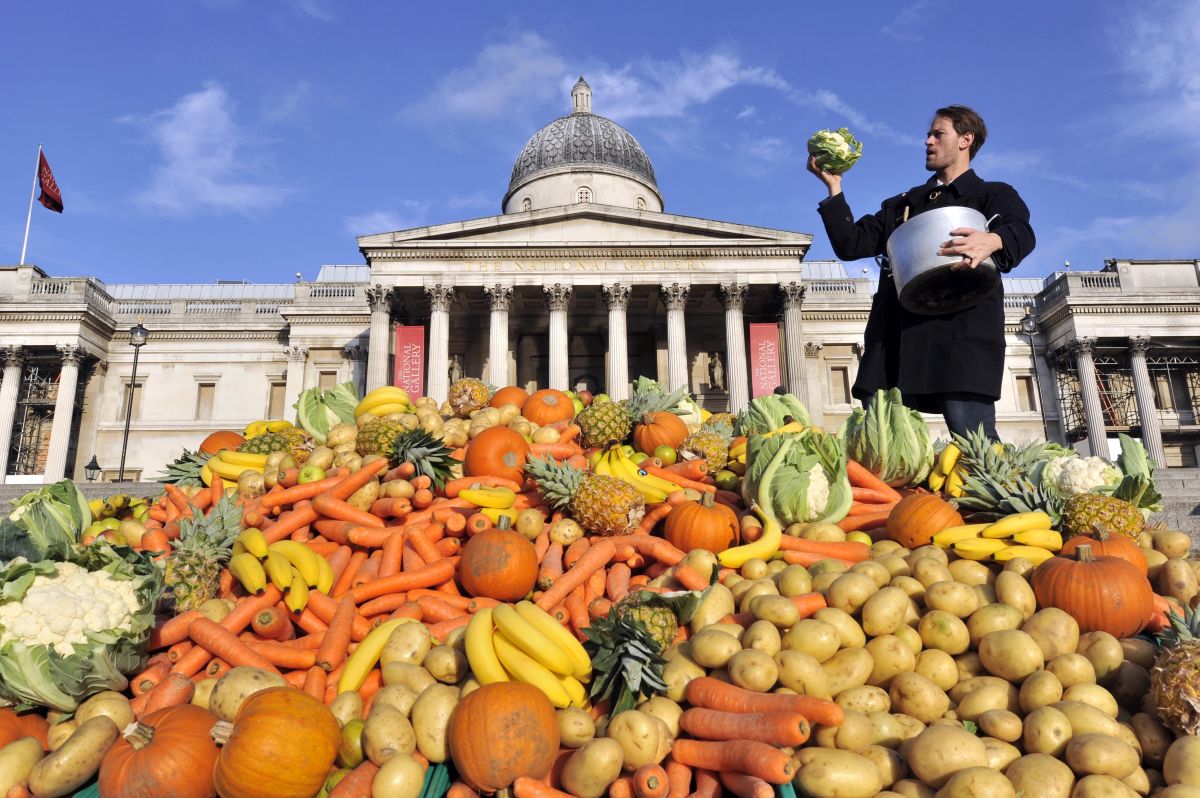
New research from food waste prevention experts, WRAP, estimates that 1.9 million tonnes of food is wasted in the UK grocery supply chain every year.
However, 0.7 million tonnes of material, which could have become waste, is either being redistributed to people (47,000 tonnes; the equivalent of 90 million meals a year) or diverted to animal feed.
Looking ahead, action to increase prevention of food waste could save businesses £300 million a year.
The report, Quantification of food surplus, waste and related materials in the grocery supply chain, funded mainly by Defra and Welsh Government, is the most comprehensive review of surplus food and food waste from UK food manufacturers and grocery retailers.
Not only does it highlight the overall avoidable food waste figures (1.1Mt) for the sector but, for the first time, breaks it down into manufacturing sub-sectors, such as meat and dairy.
Volumes of avoidable food waste occurring in the top five manufacturing sub-sectors (and the individual % of total avoidable manufacturing food waste for that sub-sector) are:
1. Dairy products – 200kt (23%)
2. Meat, poultry and fish – 160kt (18%)
3. Ambient products – 130kt (15%)
4. Fresh fruit & vegetable processing – 100kt (11%)
5. Bakery, cake and cereals – 90kt (10%)
It also shows that the food manufacturing and retail sectors in the UK are highly efficient, with less than 5% food surplus and waste, and that food waste levels are lower than previously reported.
While good progress has already been made in reducing food waste, the report identifies that a further 450kt of food waste a year could be prevented by 2025, a reduction of 23% compared to total food waste levels reported today.
Realising this potential, in particular preventing food from being wasted in the first place and increasing redistribution will be hugely challenging.
The research also identifies that of the current food surplus and waste, around 270kt may be suitable for redistribution.
Even after efforts to prevent food waste arising in the supply chain (potentially saving businesses £300 million a year), there will still be the opportunity to increase redistribution four-fold, to the equivalent of at least 360 million meals.
The amount of food surplus diverted to animal feed could also increase by up to 20%.
Insights from the report - including the causes, recommended actions and associated savings - are being shared with businesses in the food and drink sector as part of the Courtauld Commitment 2025.
The 10-year voluntary agreement managed by WRAP is set to make UK food and drink production and consumption more sustainable.
Using these insights businesses can focus action on areas that will have most impact; helping to achieve the targets from Courtauld and Welsh Government, as well as the UN Sustainable Development Goal 12.3.
Redistribution to people and conversion to animal feed
Dr Richard Swannell, Director at WRAP, said: "Today’s report, which uses new and more robust methodologies, gives us the clearest indication yet of where, and why, food surpluses and waste occur.
"Through a combination of prevention, redistribution to people and diversion to animal feed, the grocery supply chain could, in the next 10 years, almost halve its avoidable food waste, from 2009 when we first started work in this area.
"This will significantly contribute to delivering the Courtauld 2025 food waste prevention target."
British Retail Consortium Director of Food & Sustainability, Andrew Opie, said: "All retailers are committed to reducing food waste; it makes commercial sense and is the best way to reduce our environmental impact.
"We are pleased the report recognises our progress and confirms the tiny proportion of waste from our stores.
"However, we know we need to do more not only to cut waste but also redistribute surplus food which is why we are committed to extending our work with charities and are central to the implementation of the new initiative Courtauld 2025."
Food & Drink Federation Corporate Affairs Director, Tim Rycroft, said: "FDF members fully understand the importance of reducing avoidable food waste across the whole supply chain in order to deliver sustainable growth and improve resource efficiency; a key pillar of our Five Fold Environmental Ambition.
"Since 2011, according to WRAP analysis, food and drink manufacturers have achieved a 200,000 tonne reduction in food waste.
"We welcome the publication of these revised and more detailed estimates of food surpluses and waste for the UK.
"As a signatory to the Courtauld 2025 Commitment, FDF looks forward to working closely with our members, with other signatories and with WRAP to help deliver the food waste prevention target."
